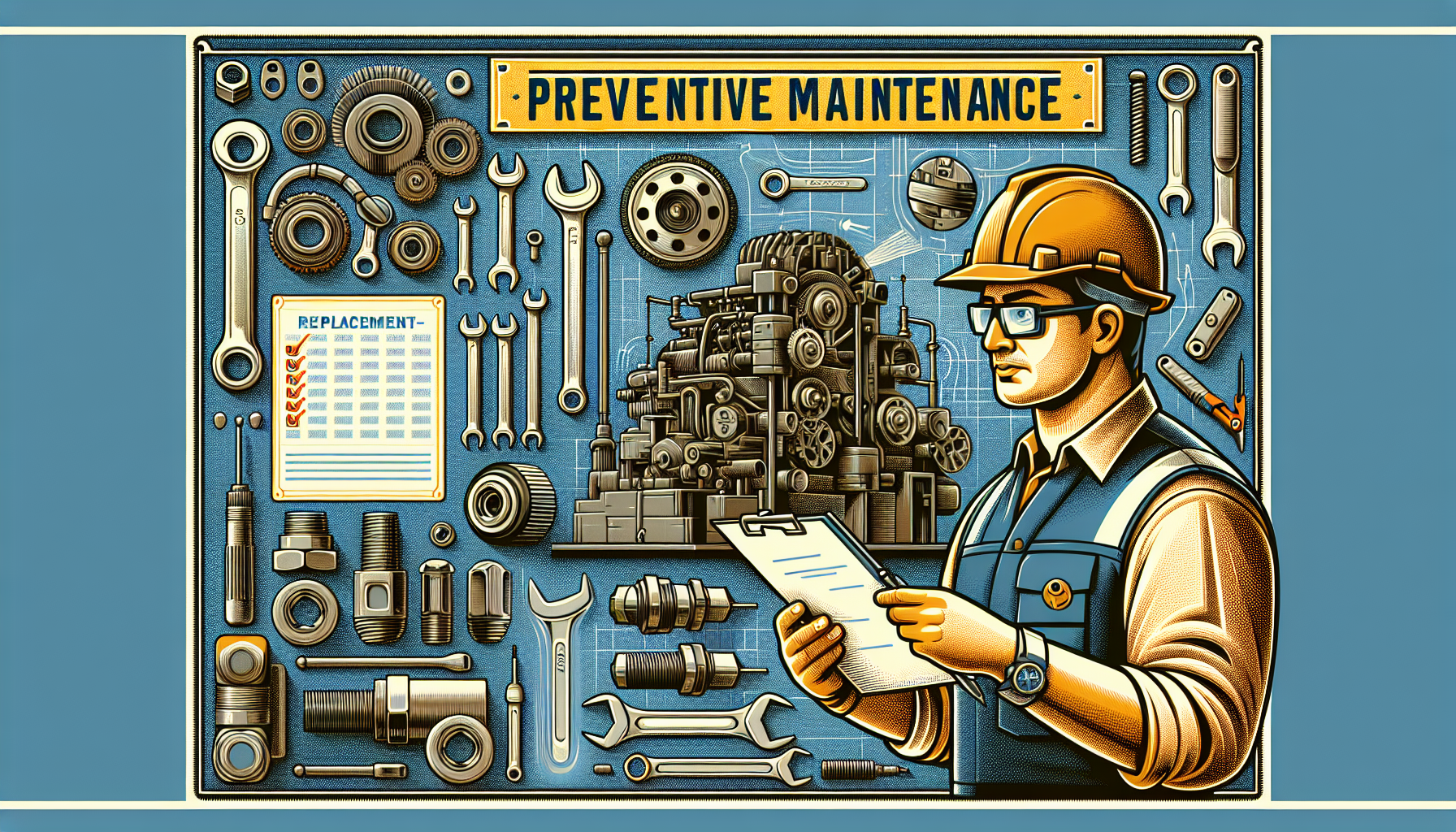The Secret Skills You Didn't Know You Needed for Entry-Level Success

Emotional intelligence (EQ) is the ability to recognize, understand, and manage our own emotions while also being attuned to the emotions of others. In professional settings, EQ plays a vital role in fostering collaboration, resolving conflicts, and demonstrating leadership qualities. For example, consider the case of Sarah, a recent graduate who secured her first position at a busy marketing firm. During a high-pressure team project, tensions escalated as deadlines loomed. Recognizing the emotional strain on her teammates, Sarah employed her emotional intelligence to navigate the situation. By listening to their concerns and addressing them with empathy, she created an open environment where everyone felt valued and supported. This not only improved team morale but also led to the successful completion of the project ahead of schedule, showcasing how emotional intelligence can elevate team performance and foster a positive workplace culture.
Adaptability: Thriving Amid Change
In an era characterized by rapid technological advancements and ever-shifting market dynamics, adaptability has emerged as a vital skill for entry-level professionals. Employers increasingly value candidates who can pivot in response to changing circumstances, whether it involves adjusting to new technologies, shifting company strategies, or tackling unexpected challenges. James's experience in a tech startup illustrates this point well. He joined the company at a critical juncture: just as they were preparing to launch a new product. When the team encountered unforeseen technical glitches, James's adaptability shone through. Instead of succumbing to stress, he proactively learned new software tools and collaborated with the IT department to troubleshoot the issues. His ability to remain flexible and proactive not only impressed his supervisors but also positioned him as a key player in the team's success. James's story emphasizes the importance of adaptability in navigating complex, dynamic work environments.
Communication Skills: The Art of Connection
Effective communication is a cornerstone of success in virtually every job. The ability to articulate ideas clearly, listen actively, and engage in constructive dialogue can significantly enhance workplace relationships and overall productivity. Maria, who began her career in customer service, quickly recognized that her success hinged on her communication skills. By practicing active listening and employing positive language, she adeptly de-escalated difficult situations with frustrated customers. Her supervisors took notice of her talent for fostering positive interactions, leading to her promotion within a year. Maria's experience underscores how strong communication skills can create pathways to advancement, even in entry-level positions.
While technical skills and qualifications are undeniably essential, the secret to thriving in an entry-level job often lies in mastering soft skills like emotional intelligence, adaptability, and communication. By developing these attributes, job seekers can distinguish themselves in a crowded job market, forge meaningful connections, and navigate the complexities of the workplace with confidence. For recent graduates and entry-level candidates, investing in the cultivation of these skills can lead to greater job satisfaction and long-term career advancement. As the job landscape continues to evolve, those who embrace the significance of soft skills will not only secure their first job but will also lay the foundation for enduring success in their careers. Ultimately, it is these secret skills—often underestimated—that can propel entry-level candidates toward fulfilling and prosperous professional journeys.
Customer Success Coordinator
SaaS companies, tech startups, and customer service firms
Core Responsibilities
Act as the primary point of contact for clients, ensuring they understand and utilize the product effectively.
Conduct onboarding sessions and training for new clients, facilitating smooth integration.
Gather client feedback and collaborate with internal teams to address concerns and improve services.
Required Skills
Strong communication and interpersonal skills to build rapport with clients.
A knack for problem-solving and adaptability to handle diverse client needs.
Experience in customer service roles or familiarity with customer relationship management (CRM) software.
Marketing Coordinator
Advertising agencies, corporate marketing departments, and non-profit organizations
Core Responsibilities
Assist in the development and execution of marketing campaigns across various channels (social media, email, etc.).
Analyze market trends and customer feedback to inform marketing strategies and content creation.
Coordinate with different departments to ensure cohesive messaging and branding.
Required Skills
Excellent verbal and written communication skills, with a flair for creative content.
Ability to adapt strategies based on performance metrics and feedback.
Familiarity with digital marketing tools and analytics platforms (e.g., Google Analytics, Hootsuite).
Human Resources Assistant
Corporations, staffing agencies, and educational institutions
Core Responsibilities
Support recruitment processes by screening resumes, scheduling interviews, and conducting initial candidate outreach.
Assist with employee onboarding, training, and orientation programs to foster a welcoming environment.
Maintain employee records and assist with benefits administration and compliance.
Required Skills
Strong organizational and multitasking abilities to manage various HR tasks simultaneously.
High emotional intelligence to navigate sensitive employee interactions and foster a positive workplace culture.
Proficiency in HR software and tools (e.g., Workday, BambooHR) is a plus.
Sales Development Representative (SDR)
Technology firms, B2B companies, and startups
Core Responsibilities
Identify and qualify leads through research, cold calls, and email outreach.
Set up meetings between potential clients and sales executives, effectively communicating the value proposition.
Track and analyze outreach efforts to improve sales strategies and conversion rates.
Required Skills
Excellent communication and persuasion skills, with a talent for building relationships.
Adaptability to handle rejection and pivot strategies based on prospect responses.
Experience with CRM systems and lead generation tools (e.g., Salesforce, HubSpot).
Project Coordinator
Consulting firms, construction companies, and IT service providers
Core Responsibilities
Support project managers in planning, executing, and monitoring project progress and timelines.
Facilitate communication between stakeholders, ensuring everyone is informed and aligned.
Assist in resource allocation and budget tracking to ensure projects stay on course.
Required Skills
Strong organizational skills with the ability to manage multiple tasks and deadlines.
High adaptability to shifting project requirements and team dynamics.
Familiarity with project management tools (e.g., Asana, Trello) and methodologies (e.g., Agile, Waterfall).


